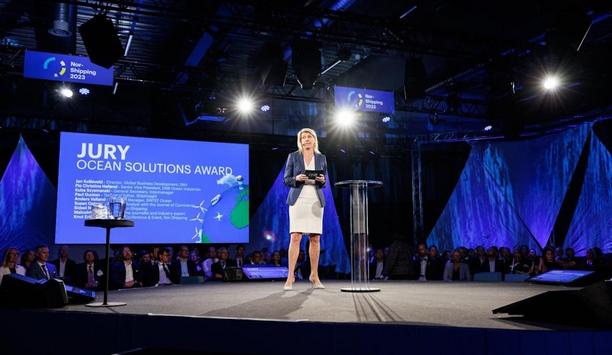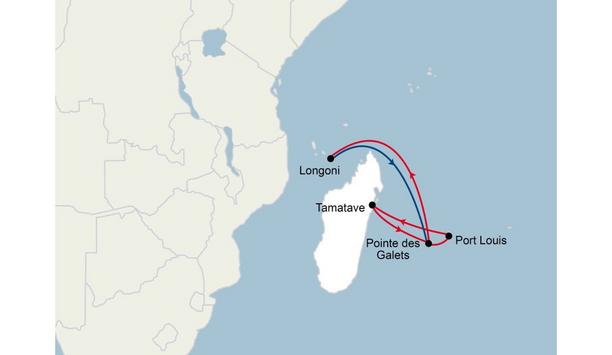The eCommerce surge is shaking up the shipping industry, making speed and efficiency a must. The time has come to move beyond paper and towards widespread adoption of the game-changing electronic Bill of Lading (eBL).
MSC’s CDIO André Simha will explain more at an upcoming event during the eCommerce week organised by UN agency UNCTAD.
Demand for shipping
eCommerce has skyrocketed since the start of the pandemic. Due to lockdowns, travel restrictions, and health concerns, more and more people are shopping from the comfort and safety of their own homes.
Resulting in a surge in demand for shipping, port, and intermodal transport services, which in turn has triggered disruptions and congestions in global supply chains. Amid this uncertainty, one thing is for sure: the need for efficient, digitised processes and data-sharing has never been greater.
MSC paves the way for paperless trade with eBL
MSC’s eBL helps to avoid the cumbersome steps involved in filling out, checking, and exchanging paper shipping documents
MSC is pushing the digital transformation of shipping with its electronic Bill of Lading (eBL) solution, launched in April 2021. Offered via a secure blockchain platform, MSC’s eBL helps to avoid the cumbersome steps involved in filling out, checking, and exchanging paper shipping documents: a time-consuming and inefficient process.
This innovative solution also helps to protect against human errors, fraud, and document loss. Crucially, it’s much faster than the traditional process, too: the eBL can reach its intended recipient within moments, as opposed to days or weeks. This helps with logistics organisation, enables shorter payment cycles, and even leads to cost savings.
Embracing the DCSA standards
To make initiatives such as the eBL a success, widespread adoption is key and that depends on cross-industry collaboration. The Digital Container Shipping Association (DSCA) is a neutral and non-profit association focusing on driving standardisation, digitalisation, and interoperability in container shipping.
One of its key activities is creating industry-wide standards to enable frictionless sharing of digitised shipping data. But to successfully implement these standards, there is an urgent need for all stakeholders of the global supply chain to contribute and among them, customs and government authorities, thus fostering a culture of trade facilitation.
André Simha to speak at UNCTAD’s eCommerce Week
André Simha, MSC’s Chief Digital and Information Officer and Chairman of the DSCA, will be taking part in a panel discussion during eCommerce Week 2022: Data and Digitalisation for Development.
This special event will take place simultaneously at the United Nations Office in Geneva and online from 25 to 29 April 2022, organised by UNCTAD in collaboration with eTrade for all and partners. Tune in from 11:30 - 13:00 CEST on 27 April 2022 to watch the panel discussion and hear Andre’s insights into why data and digitalisation solutions are key to improving logistics operations for eCommerce.











